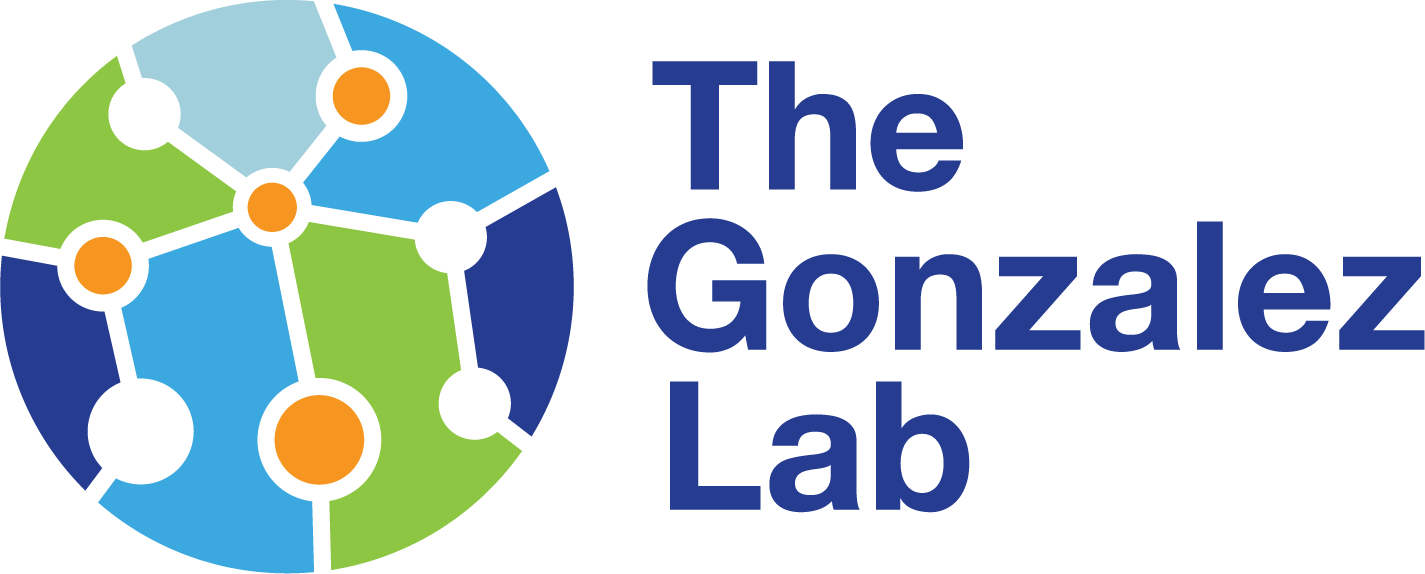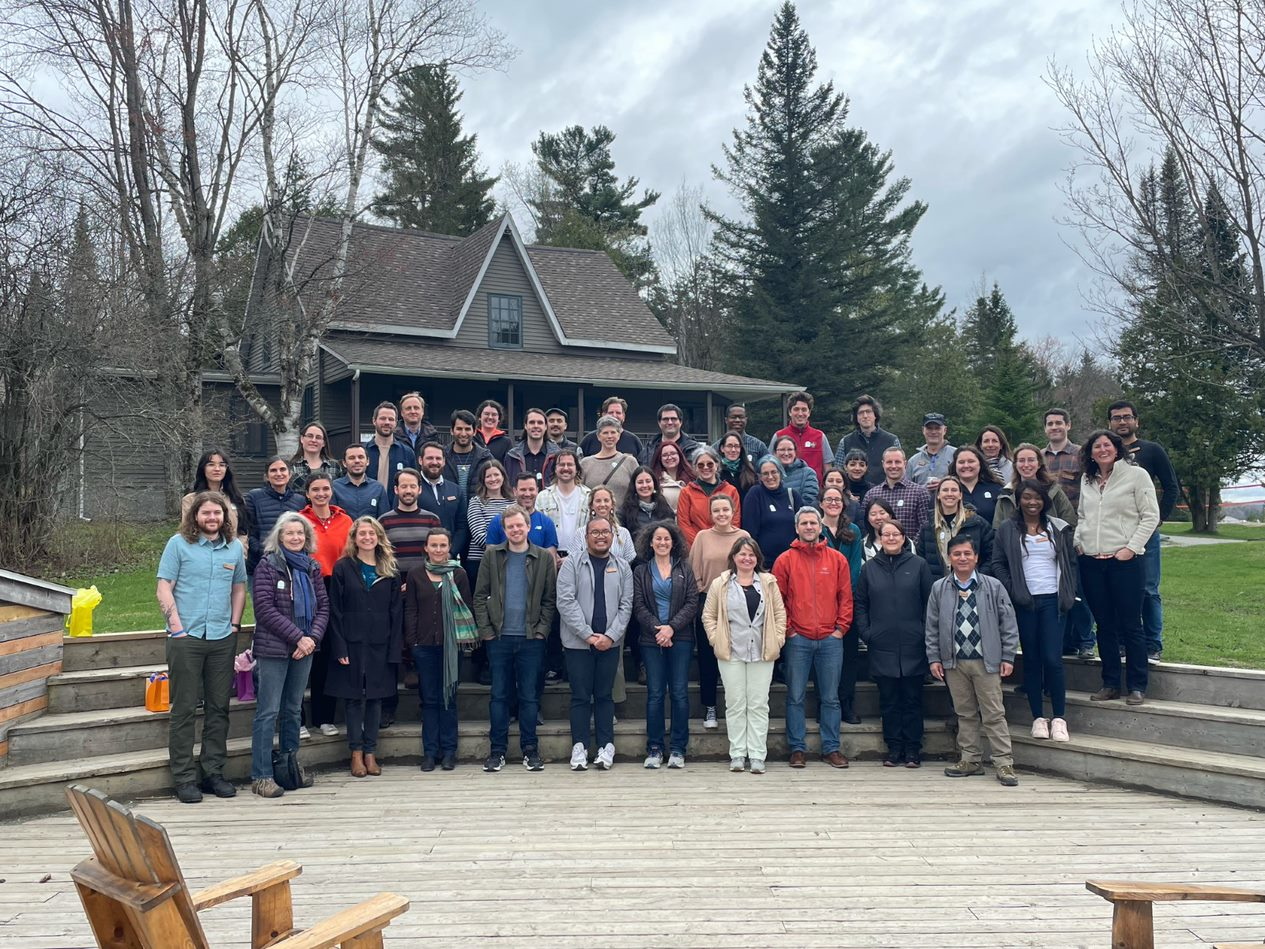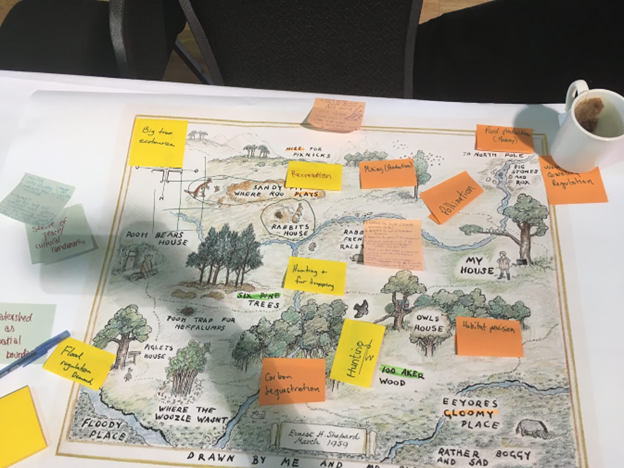The ResNet AGM brought together 60 scientists to discuss their work on Canadian ecosystems
ResNet members at the Annual General Meeting
ResNet is a federally funded research project working on understanding how the ecosystems of Canada support the Nation’s people and their wellbeing. The mission of this pan-Canadian network is to support Canada's capacity to monitor, model, and manage its working landscapes and seascapes (and all the ecosystem services they provide) for the long-term shared health, prosperity and resilience for all Canadians through community-engaged research.
After weeks of preparation, designing activites and testing group tasks with lab members, the network's annual general meeting took place in Quebec in Mt Orford National Park during the first week of May (3-5), bringing together 60 scientists from all across Canada to discuss their individual progress and the contributions of the whole network to Canadian and international science.
Two of our lab members are part of the ResNet network and they both attended this year’s meeting.
Flavio presented his work on monitoring ecosystem services. Representatives from Satistics Canada were especially interested in his work focused on estimating the sustainability of Pacific salmon fisheries. His presentation touched upon the need to include social and economic data along with ecological data when trying to understand how the benefits humans derive from nature are changing. This approach is aimed at supporting the needs of the Kunming-Montreal Global Biodiversity Framework as it develops methods to monitor ecosystems services and bend the curve of biodiversity loss.
Agnes' focus is on synthesizing results from the various landscapes and during the three days she gave a workshop on her work. With all the tremendous amount of experience gathered by ResNet’s members, now the time has come to bring all these threads together, and synthesize them into lessons learned, grouping them in a set of generalizable principles, which will come useful for future ecosystem service assessments.
For this, participants brainstormed together starting off from a core of 12 principles with a fun online tool (groupmap), adding, commenting and discussing additional items. They ended up with four times as many potential principles – a promising source to work further with! The implementation of some of these principles was tested the next day with an assessment exercise: an imaginary ecosystem services assessment had to be planned based on maps of unknown landscapes – and while some groups got an unlabeled satellite imagery, e.g. of the actual surroundings of the meeting place (Jouvence/Orford), others had to plan an assessment for the 100 acre wood.
A group exercise on planning ecosystem services assessments at the Annual General Meeting of ResNet - here for Winnie-the-Pooh's 100 acre wood.


